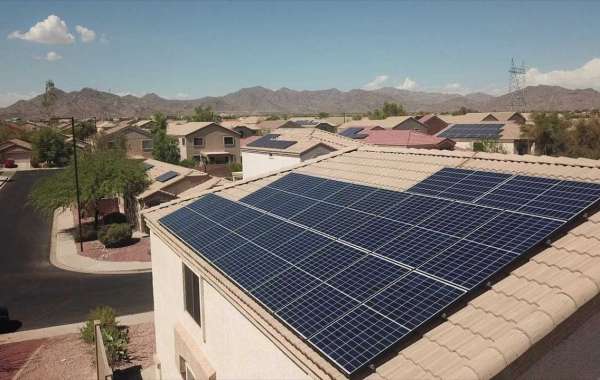In addition to having breakers for each circuit, the electrical panel also has a main breaker that controls the power to the entire house. As with the smaller breakers, this main circuit breaker can also trip. In some cases, it can trip due to an issue in a specific circuit, but this is usually quite rare. More commonly, the main breaker will trip due to things like lightning strikes and surges in the power grid or if the total electricity usage of your home is higher than the system can handle.
OVERLOADED CIRCUITS
The most common cause of a tripped circuit breaker is an overload in that circuit. Each circuit is only intended to carry a certain electrical load, and if it exceeds this load, it will cause the breaker to trip. This is important, as overloading a circuit can cause the wiring to heat up and potentially create a fire risk. In fact, it is actually this excess heat running through the circuit that causes the breaker to trip.
Each circuit is designed to easily handle the estimated load for that circuit, whether it is for lighting or powering your appliances. Still, the circuit can quickly get overloaded if you try to power too many things at once or use certain appliances that draw much more power together. For instance, appliances like microwaves and hairdryers both require relatively large amounts of power and can easily trip the circuit if it’s already near its load capacity.
Overloads are fairly common and are usually quite easy to pinpoint. If the circuit tripped when you turned on the lights or as soon as you plugged in or turned on an appliance, it is likely that those actions overloaded it. In that case, the best thing to do is to unplug some things to lessen the load on the circuit and then flip the circuit breaker back on. If the breaker immediately trips again, it is a sign that you’re dealing with a more serious problem than an overload.
SHORT CIRCUITS
Short circuits are also a common cause of tripped breakers. All of the wiring in your home consists of three separate wires: a black live or hot wire, a white neutral white, and a bare copper ground wire. Short-circuiting occurs when the hot wire comes into contact with the neutral wire, the copper ground wire, or any type of metal. When this happens, it eliminates the electrical resistance and allows too much current to flow into the circuit, essentially overloading it.
A short circuit can occur for numerous reasons, such as damaged wiring or loose connections. The problem could originate in the wiring itself or at an outlet or light switch. Appliances, cords, and power strips can also short circuit for the same reasons. This is especially common for older appliances or if the power cord is damaged.
Short circuits are generally a much bigger problem than a circuit overload, as they can potentially create a risk of both fires and electrocution. If the circuit is not overloaded and the breaker keeps tripping, it is essential that you immediately contact a professional electrician to determine the source of the problem. With a short circuit, you will usually also notice a burning smell or even see smoke. If the short circuit occurs in an appliance or the outlet itself, you may also see discoloration around the outlet.








